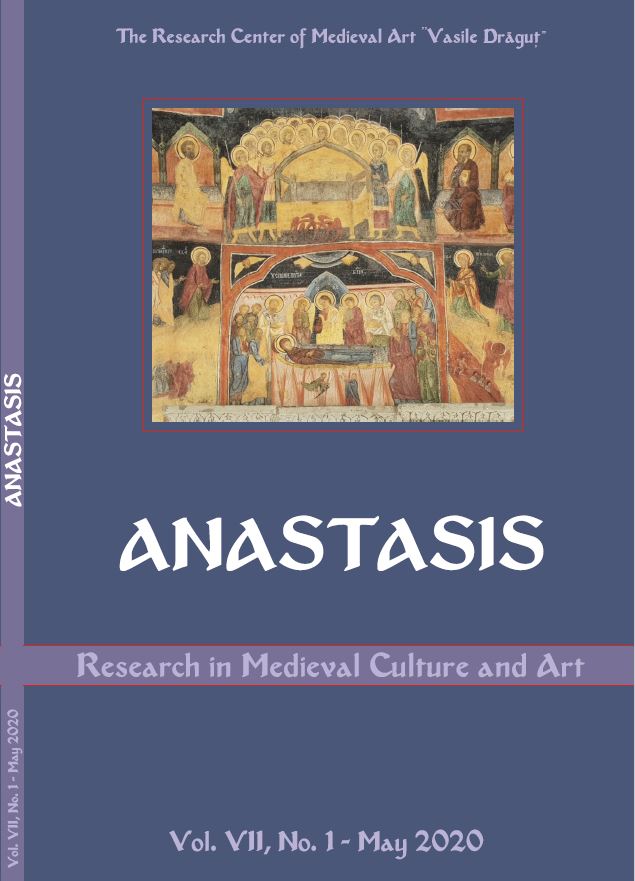Study and Classification of Tombstones of the Safavid Period (Ardabil City)
Study and Classification of Tombstones of the Safavid Period (Ardabil City)
Author(s): Maryam Samari, Reza RezalouSubject(s): Archaeology, Architecture, Visual Arts, History of Art
Published by: Editura ARTES
Keywords: Ardabil; Safavid period; tombstone;
Summary/Abstract: Ardabil, now known as one of the provinces of the country, has been one of the oldest and ancient cities in various historical periods, including Islam. This province comes to the end of the majesty and power during the reign of Safavid. Tombstone is among the heritage of the past that reflects culture and civilization. The existence of a tombstone on the tombs of Islamic period has always been observed in all parts of Iran. Though this issue exists in most cultures, it has always been considered by Muslims as an indicator of burial in the culture of the Islamic era and of Iran. The purpose of this research is to identify and study tombstone in the relevant area during the Safavid period. According to the results, the status of Shia religion can be clearly seen in all the tombstones of the Safavid period of Ardabil. In fact, it can be said that the combination of art and belief has caused the tombs of stone to be of particular importance and variety, and the line drawn on them represents the beliefs and cultures, as well as the scope of the literature of this region. Most of the designs include Islamic designs, flowers and leaves, animal designs and Quranic verses. The method used in this study is based on field study.
Journal: Anastasis Research in Medieval Culture and Art
- Issue Year: VII/2020
- Issue No: 1
- Page Range: 77-92
- Page Count: 16
- Language: English

